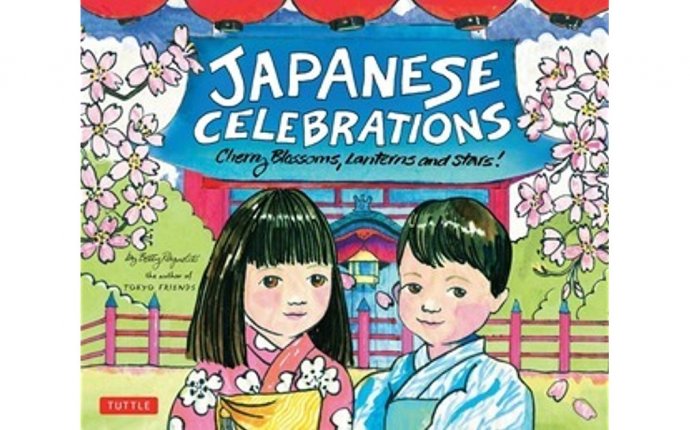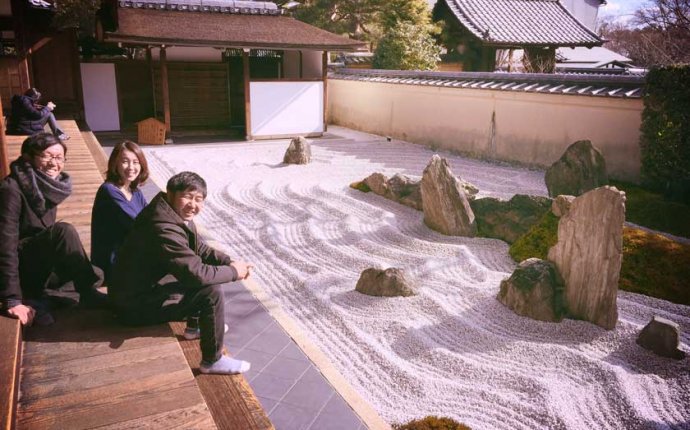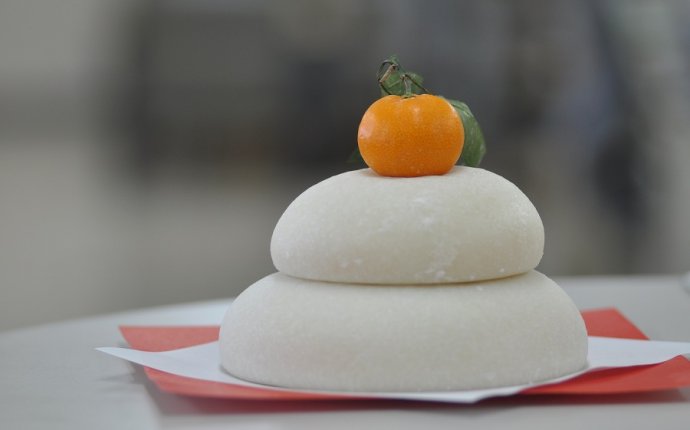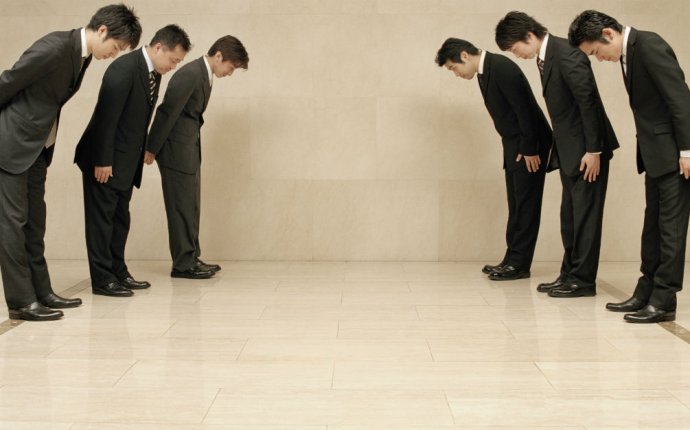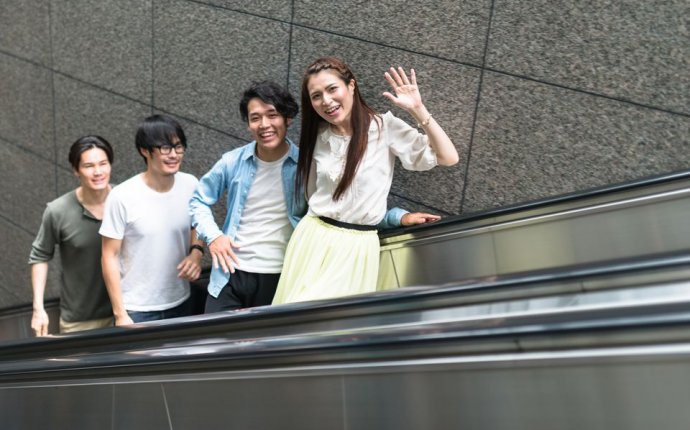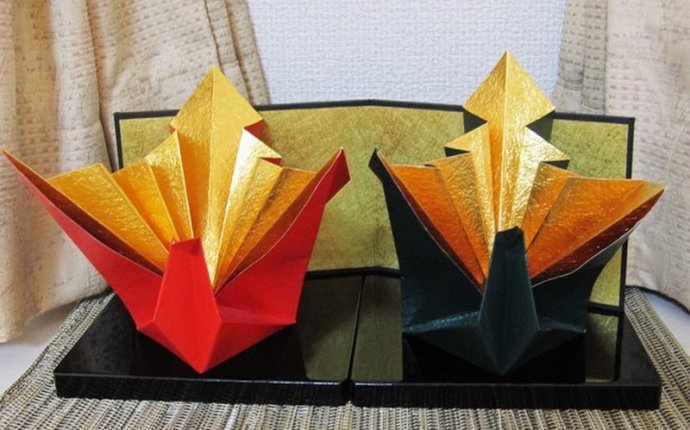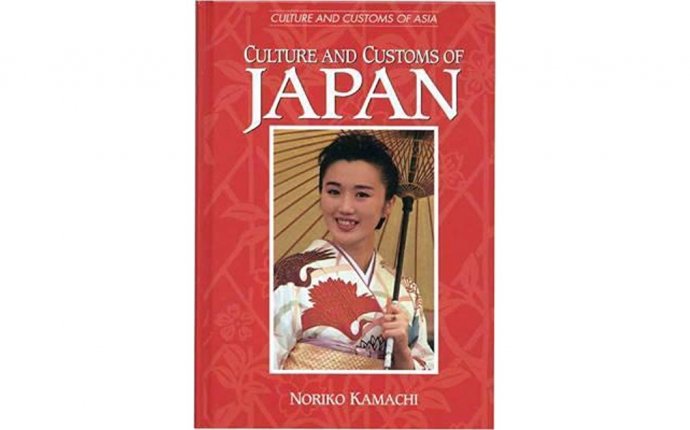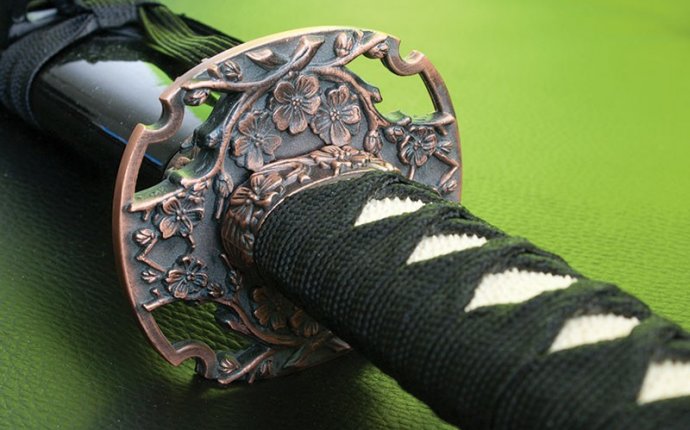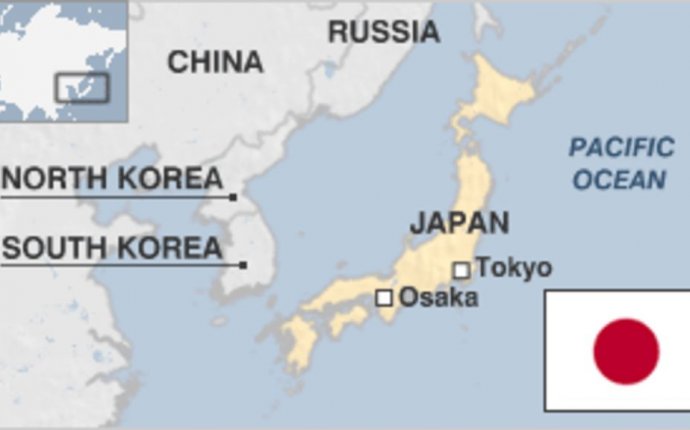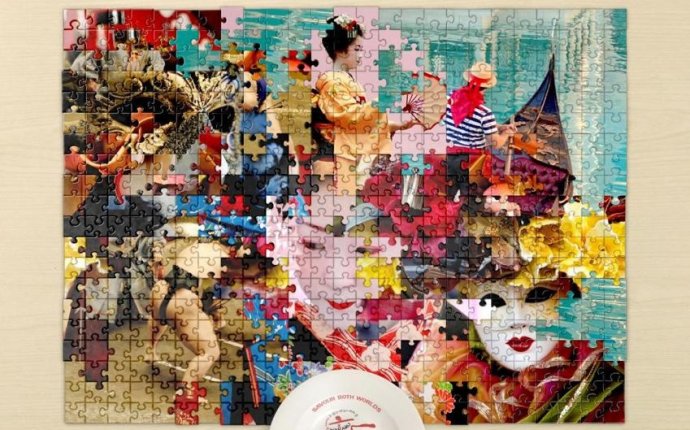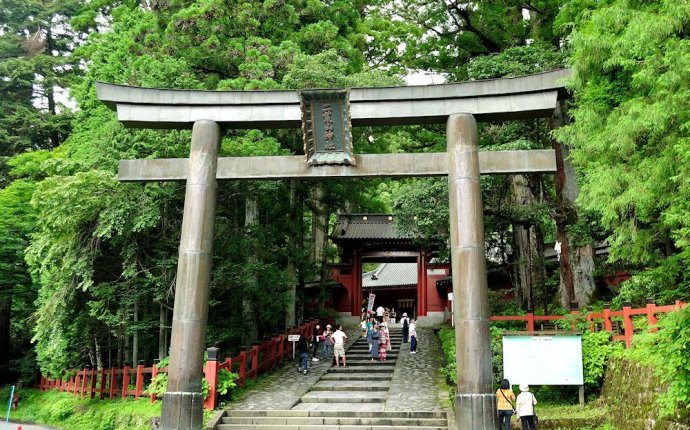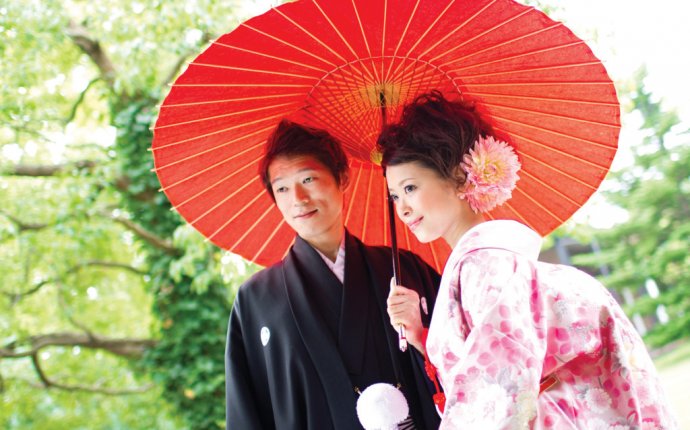Japanese Customs
ALL POSTS FROM CATEGORY
Traditional Japanese celebrations
Back in 1929, 25 local Japanese-American families started to meet in each other’s homes for language and Buddhist study. Elaine Marume remembers her great-grandfather, Kiso Yasukochi, was one of those founders of what became Vista Buddhist temple. The first building, Marume said, was an old wooden structure at Delpy’s Corners, a historic settlement at what is…
What is the culture like in japan?
It’s true, I got married in Japan at the exact time when cherry trees are blooming. I adore cherry blossoms! As a little girl, I sat in the treetops of the blooming cherry tree at home and dreamt big dreams. This is the most beautiful time in Japan, which lasts about 10 days a year and is an important holiday for the Japanese. Parks that were previously closed…
Does japan celebrate New Years
Visit Your Family. Many Japanese people return to their hometown to celebrate the New Year with their family. Decorate Your House. Buy or make a New Year`s wreath from rice straw and lucky talismans and hang it on your door. Kadomatsu (lucky pine) can be placed by the door, a maneki neko (lucky cat) inside the house, or a kumade (lucky rake) at your business…
Japanese business practices
“We Japanese” is a phrase that you will typically hear in Japanese social and business interactions. Although Japanese are generally a bit more individualistic than people in other parts of Asia, they will outwardly strive to present a unified opinion. It is essential to understand the subtle ways that leaders build consensus to nurture the strong support and…
How to do business with Japanese?
Proper business etiquette is essential in conducting business abroad. Embracing the business customs and cultural nuances of other countries can be the difference between closing a deal or landing a job. In Japan, it is incredibly easy to make a mistake as the country has a unique balance of tradition, history, modernity and customs. If you are interested in…
Japanese cultural celebrations
Young women wear traditional dress on Seijin no Hi. (Photo: Comstock/Comstock/Getty Images ) Related Articles Most festivals and celebrations in Japan have ancient roots in religion and tradition, but one has a modern twist. Rituals performed at Japanese festivals mark significant rites of passage in an individual s life, honor ancestors, summon good spirits…
Greetings in Japanese culture
In the Japanese bow, the bower expresses appreciation and respect to the person being bowed to by bending at the waist. This is a gesture widely used in tandem with greetings like ohayo gozaimasu (good morning) and konnichi wa (hello, good afternoon) as well as words of gratitude or apology. Bows can generally be classified into three types depending on the…
Introduction to Japanese culture
Featuring full-color photographs and illustrations throughout, this text is a comprehensive guide to Japanese culture. The richness of Japan s history is renowned worldwide. The heritage of culture that its society has produced and passed on to future generations is one of Japan s greatest accomplishments. In Introduction to Japanese Culture , you ll read an…
Culture and customs of japan
Manners and customs are an important part of many facets of Japanese life. Japanese people grow up picking up the subtleties of this unique culture as they go through life, respecting the invisible and varied societal rules. There are many aspects of this seemingly complicated culture that as a foreign visitor you will not be expected to know, but there are some…
Japanese cultural practices
Lisa Malloy/Provided Yiding Ma 16, left, hands over a barrel of rice porridge in the manner prescribed in monastic dining. Although Jane-Marie Law had done extensive planning of her class’ study trip to Japan, there were surprises: a valley pathway lit by lanterns, a private concert by a Japanese musician. “Every single day, there was something magical, ” said…
Brief Information About japan
About three quarters of the land of Japan is made of forests and mountains. This is the reason why Japan features a very high population density and huge metropolises, most of which are situated on the coasts. The archipelago is located on a large volcanic zone – it has more than a hundred active volcanoes. Cities Japan’s population is mostly urban and there…
Japanese Restaurant culture
The typical Japanese meal consists of a bowl of rice (gohan), a bowl of miso soup (miso shiru), pickled vegetables (tsukemono) and fish or meat. While rice is the staple food, several kinds of noodles (udon, soba and ramen ) are cheap and very popular for light meals. As an island nation, the Japanese take great pride in their seafood. A wide variety of fish…
values and traditions of japan
Japan is known for its unique culture and heritage, which has been preserved by the Japanese people since ancient times. The age-old Japanese traditions and customs which give a unique character to the lifestyle of the Japanese people have to be experienced to be truly appreciated. Some of the unique aspects of Japanese life are mentioned here as an introduction…
What are some Japanese traditions?
Some Japanese tea cermonies use traditional garden houses for the services. (Photo: Art Wolfe/Digital Vision/Getty Images ) Related Articles The customs and traditions of the Japanese people come from the rich cultural and social history from the Nara, Heian and Kamakura Periods dating from 710 to 1. Many of the modern traditions, including trends in the arts…
values and traditions of china
The cultural values of a country influence its national psychology and identity. Citizens’ values and public opinions are conveyed to state leaders through the media and other information channels, both directly and indirectly influencing decisions on foreign policy. The traditional cultural values that influence the psyche of the Chinese people are harmony…
Cultural diversity in japan
W e Americans — at least those of us who are not Donald Trump — pride ourselves on being from a nation of immigrants. We consider the influx of talented, energetic strivers key to economic success. But across the world lies a country that thinks exactly the opposite. Japan rose from the ashes of World War II to become the world’s second — and now third — largest…
Japanese Verbal communication
Japanese is the sixth most spoken language in the world and is used by almost 100 percent of the country s population. Most people speak a standard form of Japanese based on Tokyo language, although some dialects still exist in smaller communities. Actions Speak Louder than Words Verbal communication is less important in Japan than nonverbal, because the spoken…
japanese fashion in america
Hiroshi Fujiwara s grey hair is a moppy bob and he s wearing what I can only assume are hard-to-find Nikes. My cousin asks why he showed up in sneakers, but what she really means is, How dare you show up to a formal family event in casualwear? Right now, Fujiwara is serenading my sister and her now-husband as they have their first dance as a married couple…
